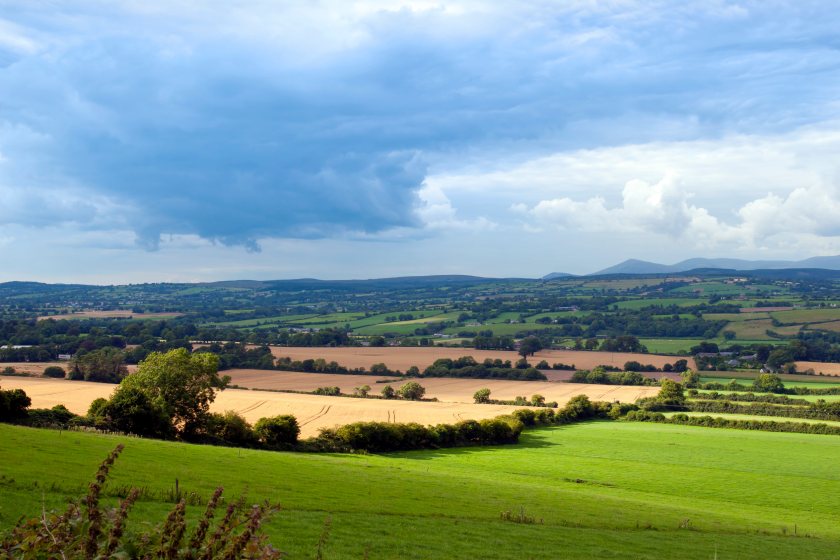
Data from the 1940s is being used to classify and protect England’s most productive farmland, leading to fears that the food production could be undermined.
A new report by CPRE, the countryside charity, urges the government to take urgent action to better understand and protect the highest-quality farmland.
It puts into spotlight the 'outdated' Agricultural Land Classification (ALC) system, which determines land productivity using rainfall data measured between 1941 and 1970 and temperatures measured between 1961 and 1980.
But the report's authors warn that continuing to rely on this system is leading to a substantial overestimation of land productivity, with much less of it likely to be considered best and most versatile (BMV) land for food production.
The situation is particularly critical for lowland peat soils, which produce around 40 percent of UK-grown vegetables.
Climate change impacts could see these vital soils lost in a matter of decades, the report warns, raising serious questions about the accuracy of their current ALC grades.
The CPRE's report, published today (24 February), follow the loss of 14,000 hectares of prime agricultural land to development since 2010.
Extreme weather events are also reducing the amount of land suitable for food production, with 60% of England's highest-grade farmland now at high risk of flooding.
Meanwhile, land is under increasing pressure for housing, renewable energy infrastructure and nature restoration.
The charity warns that without an updated ALC system incorporating accurate assessments of farmland quality, there is a risk that irreversible decisions will be made about land use that compromises food production.
Roger Mortlock, chief executive of CPRE, said a long overdue rethink of Agricultural Land Classification was needed.
"The government is making crucial decisions using data from when Winston Churchill was prime minister," he noted.
"The new Land Use Framework is an opportunity to make the best possible use of our finite land and balance competing demands from food production, nature recovery and housing."
Ellie Brodie, director of Grounded Insight and report author, explained that the report sought to open the lid on how agricultural land in England was classified.
She said: "It leaves no doubt that the information used in planning decisions about the potential of England’s land to grow food must be updated.
"This is especially urgent given that the current Agricultural Land Classification system looks likely to be part of the new Land Use Framework."
